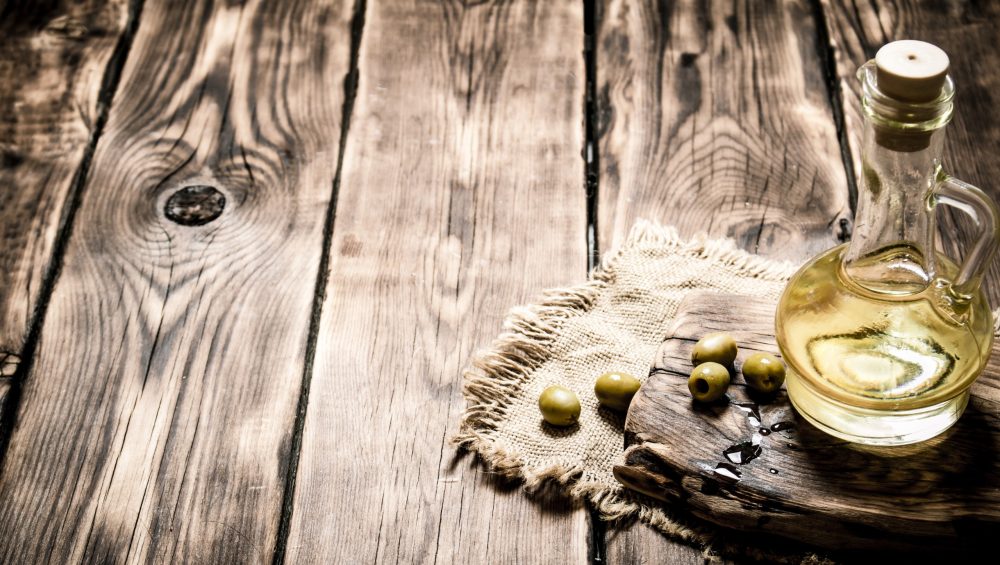The olive tree is one of the oldest witnesses to human history. In mythology, it symbolizes immortality; in sacred texts, it represents abundance; and on our tables, it is a source of flavor and healing. From ancient times to the present, olive oil has been an integral part of the civilizations that shaped the world, not just as a food, but as a cultural heritage. Would you like to explore the role of olive oil in the journey of humanity, following the path of civilizations that sprouted under the shade of olive trees?
The Roots of the Olive Tree: A Witness to History
Olives represent one of humanity’s oldest connections to nature. Archaeological findings dating back 6,000 years show that olive oil was first produced in the Eastern Mediterranean. It is believed that the first olive trees were cultivated around Palestine, Anatolia, and Mesopotamia, later spreading to the Aegean and eventually throughout the entire Mediterranean basin.
- In Ancient Egypt, olive oil was used not only in cooking but also in mummification rituals and for cosmetic purposes.
- The Phoenicians and Greeks made olive oil a vital part of trade, carrying it to distant lands.
- The Romans developed large-scale olive oil production systems, establishing olive groves across the Mediterranean.
In the ancient world, olive oil wasn’t just a part of the table; it was also used in temples, athletic competitions, and medical treatments. The practice of athletes anointing their bodies with olive oil during the Olympic Games is evidence that olive oil was seen not only as nourishing but also as a protective and sacred substance.
Olive Oil: The Timeless Flavor of Mediterranean Tables
Olive oil has maintained its place on tables for centuries, especially as a key ingredient in Mediterranean cuisine. In Greek, Italian, Spanish, Turkish, and Levantine kitchens, regardless of the cooking method, olive oil has always been one of the essential ingredients.
Pure Flavor
- Cold-pressed olive oil is consumed in its raw form, typically by dipping bread or using it in salads.
- Extra virgin olive oil is prominent in both raw and cooked dishes, particularly in vegetable and fish recipes.
- Refined olive oil is used for high-heat cooking and is even preferred for frying.
Olive oil is not only an ingredient that enhances the flavor of dishes but also a carrier of traditions passed down through generations in the kitchen.
Olive Oil Rituals: From Mythology to Today
Throughout history, olive oil has been more than just a food product; it has also been an integral part of belief systems and social rituals.
- According to Greek mythology, Athena was deemed the protector goddess of Athens because she gifted the olive tree during a contest with Poseidon.
- The Romans used olive oil as a sacred offering in temples, referring to it as the “Golden Liquid.”
- In Anatolia, especially during the Hittite period, olive oil held a special place in ceremonies and royal feasts.
- In Ottoman cuisine, olive oil dishes were considered a distinct category on palace tables, with unique recipes developed.
Even today, the olive harvest is celebrated with traditional festivals, and olive oil production continues to be preserved as a cultural heritage.
The Future of Olive Oil: From Tradition to Modern Production
Today, olive oil production has become more efficient, eco-friendly, and sustainable with the support of modern technologies. However, traditional production methods are still preserved by many producers.
- Stone press extraction, one of the oldest methods, is still used by some boutique producers today.
- Cold-press technology preserves all the natural components within the olive, delivering olive oil in its purest form.
- Organic farming and biodynamic production highlight oils derived from olive trees grown without chemicals, using natural methods.
The future of olive oil is undergoing a transformation, influenced not only by production processes but also by consumer preferences and gastronomic trends. With the growing global interest in olive oil, the new generation of chefs and producers continues to bring this ancient heritage to tables with fresh interpretations.
Olive Oil: The Legacy of the Past, the Flavor of the Future
Although the lands where the olive tree thrives may have changed, its roots still carry the wisdom of ancient cultures. From ancient times to the present day, this golden liquid that graces our tables represents the heritage of civilizations and the abundance nature provides. Today, as we dip a slice of bread in olive oil or savor a dish made with it, we are continuing a tradition that spans thousands of years. Olive oil is not just a flavor; it is one of the oldest and most valuable stories in human history.











